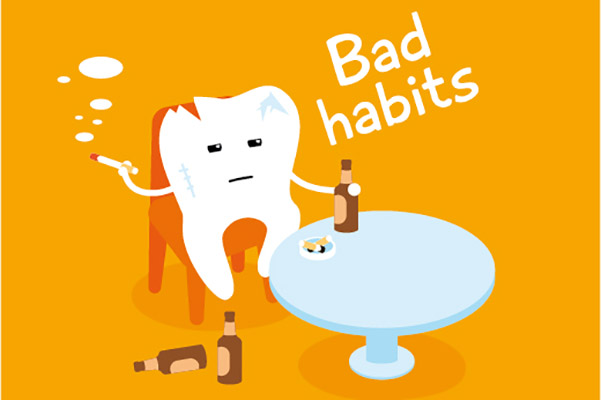 Dental implant surgery is one of the most reliable and long-lasting ways to replace missing teeth. However, since this surgery involves inserting an artificial tooth root into the jawbone, it almost always causes some amount of pain. Before undergoing this surgery, many dental patients are worried about the level of pain they may experience afterward and how long it will last.
Dental implant surgery is one of the most reliable and long-lasting ways to replace missing teeth. However, since this surgery involves inserting an artificial tooth root into the jawbone, it almost always causes some amount of pain. Before undergoing this surgery, many dental patients are worried about the level of pain they may experience afterward and how long it will last.
What is involved in dental implant surgery?
In order to understand how painful the implant process may be, it is helpful to realize what happens when a patient receives an implant. In many cases, after a patient has a natural tooth removed, but before an implant is placed, the area is prepared with a bone graft. These grafts encourage the production of new bone, which will strengthen the jawbone and help ensure the implant properly integrates with the bone.
In dental implant surgery, a patient's dental professional drills a hole into the jawbone. A metal post is placed into the hole. This metal post works as an artificial tooth root. The post needs to be given time to osseointegrate, or to allow the bone from the patient's jaw to grow through it. Although this process may often take months, it is essential for a healthy and stable implant. The abutment, which is a component to which the dental crown will be attached, usually is not placed on the post until osseointegration is complete.
Sometimes, the dentist needs to perform a smaller surgery to place the abutment. This is a minor surgery that only involves the gums. It may cause some bleeding and swelling, but pain from having the abutment placed is less severe than any pain experienced after placing the metal post.
How painful is the implant surgery?
Dental implant surgery involves trauma to both the gums and the jaw. The surgery itself should not involve any pain since the mouth will be numbed. As the numbness wears off, though, patients will often feel some level of pain.
Many dental professionals provide pain medication to help manage discomfort at the implant site. In some cases, post-surgery pain is mild enough that it can be managed with over-the-counter pain medication. Generally, a single implant will cause less discomfort than a surgery where multiple implants are placed. Patients will usually have pain up to 10 days after the procedure, but the pain may resolve before 10 days.
If excessive discomfort persists after the 10-day point, it is important for patients to contact a dental professional immediately. Prolonged pain may be a sign that the implant site has become infected. If this is the case, the dental professional will need to act quickly to save the implant.
Check out what others are saying about our dental services on Yelp: Dental Implant Surgery in Kennewick, WA.
Conclusion
No dental patient looks forward to any type of pain. However, persons considering dental implant surgery should not let a fear of post-surgery discomfort discourage them from pursuing the procedure. Implants are designed to be a permanent tooth replacement, and once completed, the implant process will leave a patient with a beautifully restored smile.
Request an appointment or call Gledhill Dental at 509-800-8410 for an appointment in our Kennewick office.
Related Posts
Teeth whitening treatments are an effective way to improve the color of your teeth significantly. These treatments consist of using chemicals with bleaching properties like hydrogen carbamide or hydrogen peroxide to remove stains from the inner and outer layers of teeth.The types of stains teeth whitening treatments are effective on include the yellow stains teeth…
Having a firm understanding of oral hygiene basics can prevent tooth decay, gum disease, and general oral discomfort. Human beings go through life developing a range of habits that impact oral health, some of which are good and some of which are bad. Avoiding these damaging behaviors promotes strong teeth and gums that can last…
Teeth whitening treatments can get you noticeably whiter teeth in less than an hour. They are one of the most popular cosmetic treatments and involve using compounds with bleaching properties like hydrogen carbamide or hydrogen peroxide to take off stains from the outer and inner layers of your teeth.There are numerous ways to go about…


